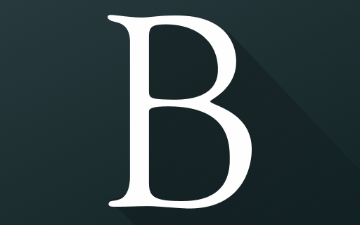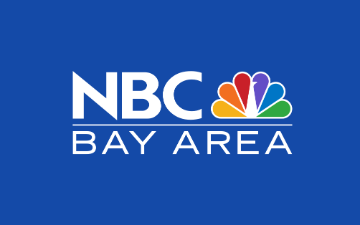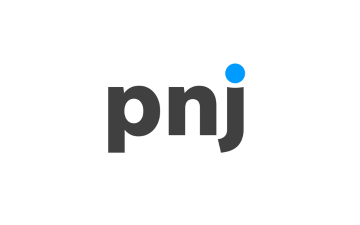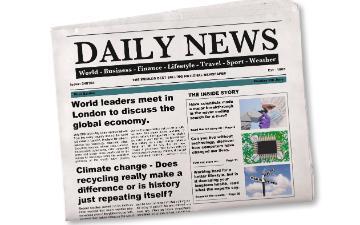A selection of articles, op-eds, TV segments, and other media featuring Ethics Center staff and programs.
The Markkula Center for Applied Ethics does not advocate for any product, company, or organization. Our engagements are intended to provide training, customized materials, and other resources. The Markkula Center does not offer certifications or seals of approval.

Ann Skeet, senior director of leadership ethics at the Markkula Center for Applied Ethics at Santa Clara University, said in an interview and later an email that “government officials have a unique responsibility for the common good” and “should try to avoid even the appearance of a conflict of interest.”
The fact Susan Gomberg applied for the money, rather than the homeowners association president or any other board member, “gives the appearance that their personal interests are being served,” Skeet wrote in an email. “It would have been better if the homeowners association had applied for the grant without her involvement.”
Ann Skeet, senior director, leadership ethics, quoted by The Oregonian.

Tracy Barba, director of the Lucas Institute for Venture Ethics says the paired investments are a clear “conflict of interest” without historical precedent.
“Nobody’s telling them they can’t do this,” Barba says. “When there’s no regulation, no rules, and there’s no consequences or accountability, the only thing that is going to be driving their decision-making is internal revenue return.”
Tracy Barba, director, venture and equity ethics, quoted by Barron's.

A very ugly and public display of artificial intelligence’s dark side involving Elon Musk’s “Grok” chatbot on July 8, 2025 highlights one of many ethical challenges for this technology.
"What happened yesterday is just a reminder of the limitation of these tools," says Irina Raicu, director, internet ethics. "If you are going to train a bot on the writings on a platform that is full of antisemitic rants, and you ask it certain questions, you are going to get back antisemitic rants."
Irina Raicu, director, internet ethics, quoted by NBC Bay Area.

According to a Resume Builder survey of 1,342 managers, 6 in 10 managers said they rely on AI to make decisions about their direct reports. 78% of those surveyed use AI tools to help determine raises, and 77% said they use AI tools to determine promotions. 66% claim to use AI to help determine layoffs, and 64% said they use the technology to help determine whom they fire.
Managers ultimately are leaders of people, not technology, and should have relationships with the people they oversee, said Ann Skeet, senior director of leadership ethics.
“Managers who are relying on AI to assess, evaluate, rank, compensate and promote employees are allowing their own critical-thinking skills around these tasks to atrophy,” Skeet said.
Ann Skeet, senior director, leadership ethics, quoted by The Business Journals.

Guadalupe Hayes-Mota, director, bioethics at the Markkula Center for Applied Ethics, says DEA numbers can be easily created or stolen to write fraudulent prescriptions.
"All of this is very decentralized, so it's really difficult for pharmacists to really look at a DEA number if it's real or not real," he said. "Having a more centralized system where they can access this information would be quite vital."
Guadalupe Hayes-Mota, director of bioethics, quoted by Pensacola News Journal.

Axios reports the number is even higher in D.C. (28%), Atlanta (26%), Los Angeles (23%) and New York (23%) marking a major shift in how people are using AI to seek connection and intimacy.
Quoted by Axios from an earlier article, Irina Raicu, director of the Internet ethics program said that these types of emotional ties to chatbots could weaken human relationships.
Irina Raicu, director, internet ethics, quoted by Axios.

Guardrails for News Headlining: Principles and Workflow lays out three principles for ethical headline writing and offers guidance for newsrooms that want to achieve them.
Headlines for major news stories are routinely scrutinized on social media, Vincent said, especially when news outlets revise headlines as stories develop.
Vincent acknowledged that headline writers are undoubtedly under pressure to entice readers. But readers, he said, seem to be concerned not just about obvious clickbait but also about headlines that set false expectations or fail to acknowledge a story’s nuances.
Subbu Vincent, director, media and journalism ethics, quoted by Ethics and Journalism.

Are Trump’s tariffs ethical? By any measure, no — but here’s how they could be.
The Trump administration’s significant shift in U.S. tariff policy has roiled international markets with its severity and on-again-off-again nature. Recent legal challenges disrupted President Donald Trump’s trade strategy, so his administration has moved swiftly to overturn them.
Regardless of how the courts rule, there are serious doubts about whether such tariffs are ethical. Tariffs fail justice due to their inequities. They use people as a means to an end and erode the United States’ global standing.
Ann Skeet, Ethics Center senior director, leadership ethics, and Adina Ardelean, Ethics Center faculty scholar and teaching professor, economics at the Leavey School of Business published by MarketWatch.
- More pages: